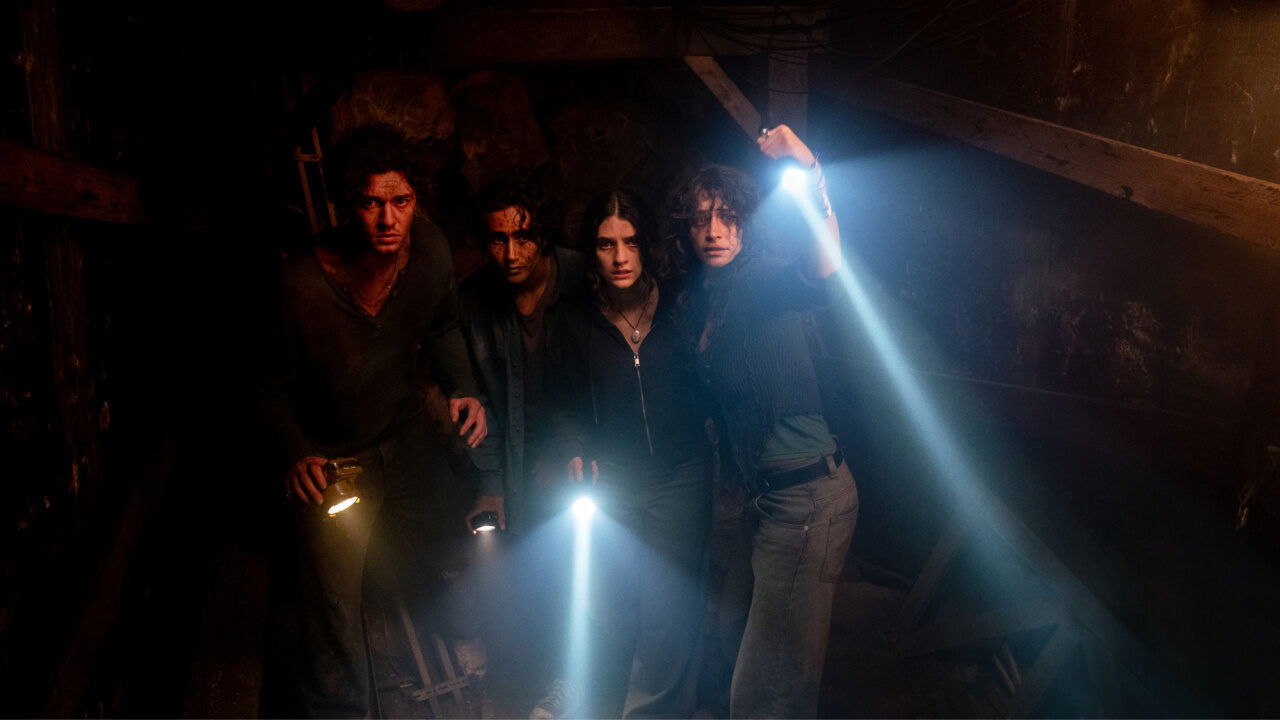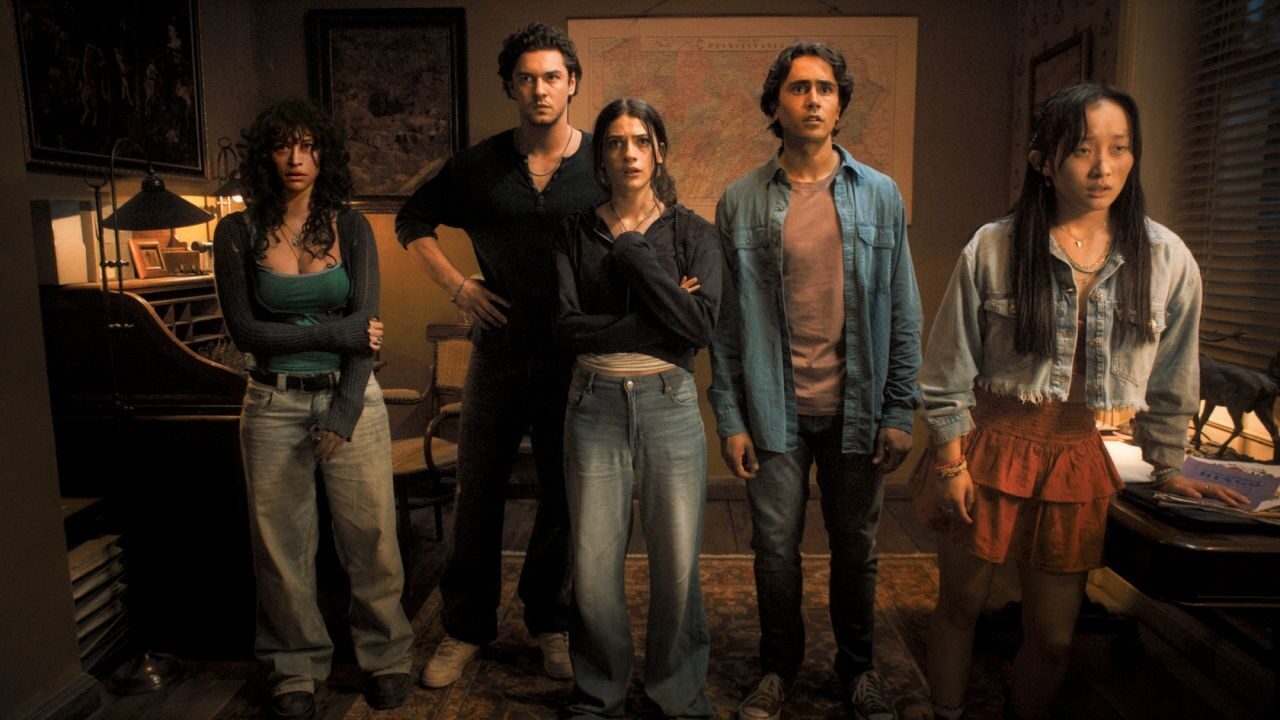Ex-PlayStation narrative director calls for a petition to include the Until Dawn game writers’ names in the recent film adaptation’s credits.
Whether movie adaptations based on video games succeed is one thing, but not crediting the original game developers is another issue entirely. With the latest adaptation, Until Dawn, ex-PlayStation narrative director Kim MacAskill is petitioning the film’s creators to properly credit the game’s writers. MacAskill also calls out Sony, arguing that a major conglomerate should acknowledge the creative teams behind its intellectual properties.
As spotted by Eurogamer, MacAskill’s petition is “calling upon Sony, a leader in the gaming world, to set a precedent for change by revising the Until Dawn credits” and “asking for them to revise their approach to IP crediting, particularly in transmedia adaptations.”
MacAskill wrote: “I’ve just left Until Dawn where the film director, writers, etc., were all credited, but instead of [Sony] mentioning the leading game dev(s) who created this iconic game you’re clearly proud of, [Sony] just wrapped it as ‘based on the Sony game.'”
MacAskill continued to share more details in a LinkedIn post, questioning the difference between HBO’s adaptation of Naughty Dog’s The Last of Us and the Until Dawn film. The Last of Us television series credits both the studio and Neil Druckmann as writer and director. MacAskill said Sony executives “firmly told” her that “the IP I personally created would NEVER be credited to me as I was salaried (no royalties, no control, no ownership, no acknowledgement),” addressing Sony directly with: “I am struggling with the difference between Neil Druckmann’s favour and that of others in your company.”
MacAskill’s central argument is that big companies often mask the contributions of the people who worked hard on the games, particularly when intellectual properties are adapted into movies or shows. “[The game writers] spent years breaking their brains to make something incredible, and the world DESERVES to know their names… instead… No credit. No thanks. No honour,” MacAskill added. Her petition advocates for establishing a precedent for proper IP attribution.
“Let’s advocate not only for the Until Dawn creators but for the integrity of the industry. By ensuring that creative voices are properly recognized, we can continue to inspire future generations of creators who dare to dream beyond current constraints. Sign this petition to urge Sony… and stand with all game creators… demanding well-deserved recognition in transmedia narratives,” she concluded in her post.
The situation offers a significant introspection on the industry and how game writers are treated in the evolving media pipeline. What makes the issue even more complex is that rumours suggest the Until Dawn remaster could be one of the PlayStation Plus offerings for May 2025—fueling speculation that Sony may be using the game’s re-release to promote the film.

Even though the Until Dawn movie takes liberties with using the IP to twist the narrative and create new characters, the bare bones of the game are still within the adaptation. Speaking with The Hollywood Reporter, Larry Fessenden and Graham Reznick—the pair who wrote 2015’s Until Dawn video game release for PlayStation—have said they were not surprised to see their names absent from the film’s credits, and were not seeking to be included now—although a nod would have been appreciated.
“I didn’t assume anything, but I thought somebody would have bothered to throw in our names, even during the end credits,” Fessenden said. “But there’s no courtesy in show biz.” On this lack of credit, screenwriter and Writers Guild of America (WGA) member C. Robert Cargill, whose credits include 2016’s Doctor Strange, pointed out that this is common practice.
“This is one of those situations where credit is clear, but because the Guild doesn’t know who to ascribe credit [for video games] in general, they don’t have a hard and fast rule about how to do that,” Cargill said. “Technically, the studio’s abiding by Guild rules.”





